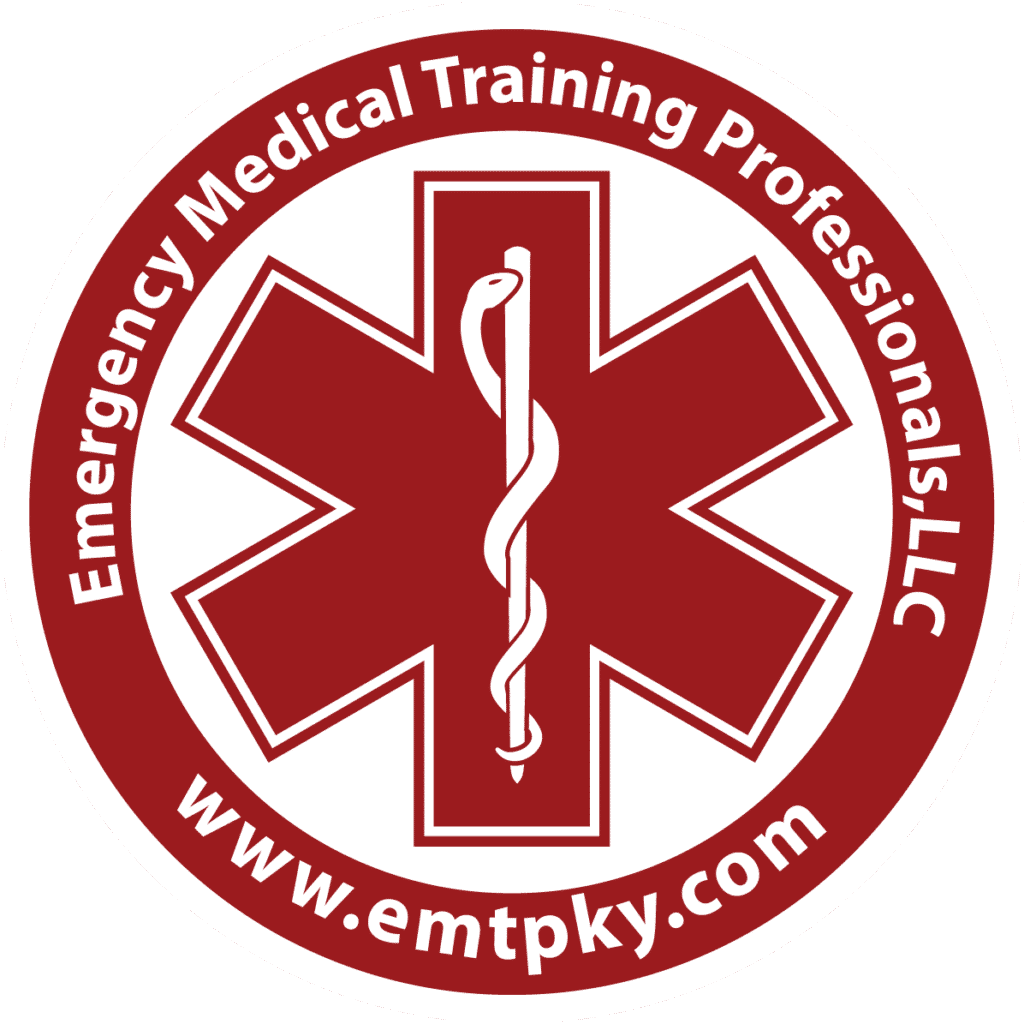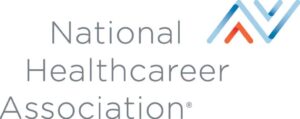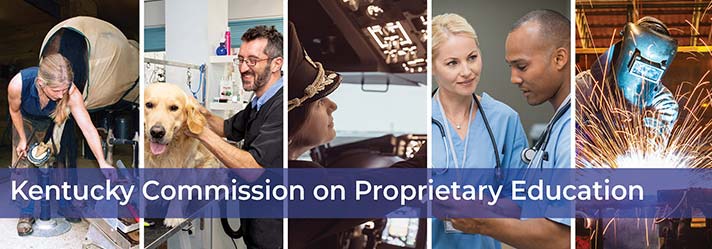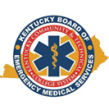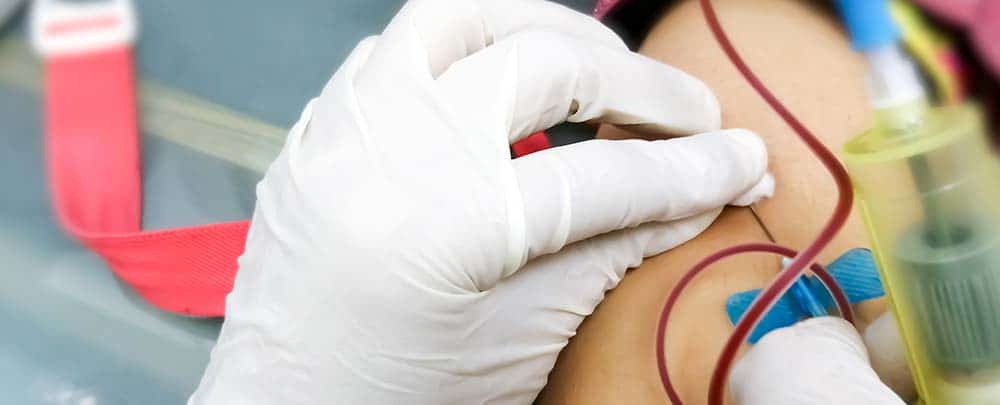
Allied health education encompasses a diverse range of rewarding healthcare professions that play a vital role in supporting patient care and well-being. At EMTPKY, we offer comprehensive Allied Health Education Programs designed to equip you with the knowledge and skills needed to thrive in this dynamic and fulfilling field.
What is an allied health education program?
Allied health professionals are essential members of the healthcare team who work alongside physicians, nurses, and other specialists to deliver high-quality care to patients. These individuals are the backbone of the healthcare industry, bridging the gap between medical expertise and patient support.
EMTPKY’s Allied Health Education Programs cover a variety of specialties, each catering to different aspects of patient care and medical assistance. Whether you aspire to become a Medical Assistant, Phlebotomy Technician, EKG Technician, or any other allied health professional, our programs are designed to provide a solid foundation in the field.
What types of roles do allied health professionals fill?
Allied health professionals play crucial roles in the healthcare industry, supporting and assisting other healthcare providers to deliver quality patient care. Here are some common roles that allied health professionals fill:
Medical Assistants: Medical assistants work under the supervision of physicians and nurses, providing both administrative and clinical support. They may handle tasks such as scheduling appointments, taking patient histories, recording vital signs, preparing patients for examinations, and assisting with minor medical procedures.
EKG Technician: Electrocardiogram (EKG) technicians specialize in conducting and interpreting electrocardiograms, which are tests that record the electrical activity of the heart. They work closely with cardiologists and other healthcare providers to assist in diagnosing heart conditions and monitoring cardiac health.
IV Certification: Professionals with IV certification are trained to administer intravenous (IV) therapy, delivering fluids, medications, blood products, or nutrients directly into a patient’s veins. They are essential in various healthcare settings, including hospitals, clinics, and home healthcare.
Medical Billing and Coding Specialists: Medical billing and coding professionals handle the crucial task of translating medical procedures, diagnoses, and services into standardized codes for billing and insurance purposes. They ensure accurate and timely submission of claims to insurance companies for reimbursement.
Patient Care Technicians: Patient care technicians, also known as nursing assistants or patient care assistants, work under the supervision of nurses and provide direct care to patients. They assist with activities of daily living, such as bathing, dressing, feeding, and mobility, and help monitor patients’ health status.
Phlebotomy Technicians: Phlebotomy technicians are responsible for drawing blood from patients for various purposes, including medical testing, transfusions, and research. They must follow proper procedures to ensure patient safety and the accuracy of blood samples.
It’s important to note that the specific duties and responsibilities of these roles may vary depending on the healthcare setting, the state or country’s regulations, and the level of education and certification achieved by the allied health professional. Allied health professionals are valued members of the healthcare team, contributing to the overall well-being of patients and supporting the work of doctors, nurses, and other specialized healthcare providers.
If you like to help people, either hands-on or indirectly, an allied health education program may be right for you. Contact Us today to talk about your options!
Allied Health Education Program Certification Courses
Job Outlook
The Bureau of Labor Statistics projects a 29% growth in job opportunities for medical assistants which is a much faster growth rate than other professions. In 2012, the median pay for medical assistants was $14.12 per hour. For more information visit: http://www.bls.gov/ooh/healthcare/medical-assistants.htm
our allied health education class schedule
CCMA Day Class
CCMA Night Class
CCMA Online Class
Lab Dates: 7/11, 7/25, 8/08, 8/22, 9/05, & 9/19
Medical Administrative Assistant Online
IV Therapy Certification
Behavioral Health Tech Online
Class completed online
EKG Tech Day Class
EKG Tech Night Class
EKG Tech Online Class
Class completed online with 3 on campus lab days.
( 7/19/2025, 8/09/2025, 9/06/2025)
Phlebotomy Day Class
Phlebotomy Night Class
Phlebotomy Saturday Class
Medical Billing and Coding Online
Ask about dates
